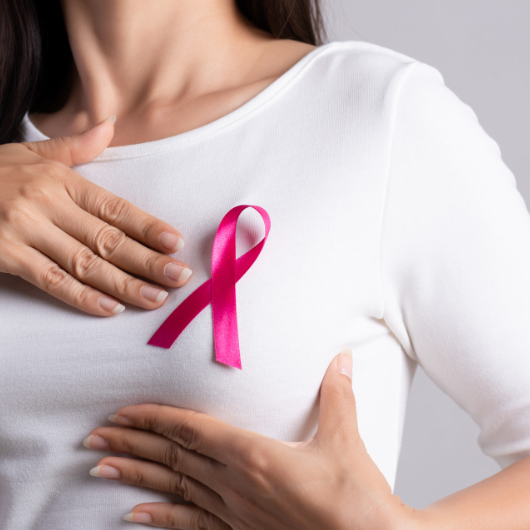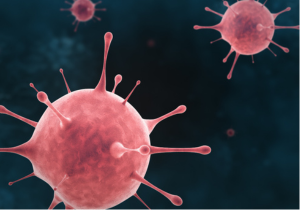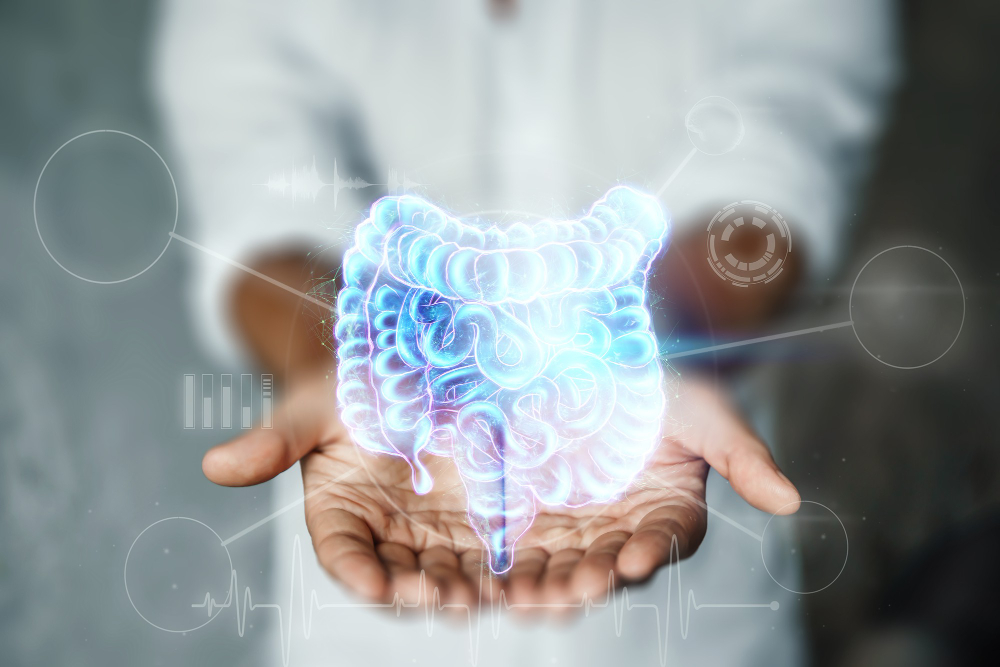-
3rd floor, HQ CityWalk, Vijay Nagar, Indore, M.P. 452010
Breast Cancer: Empowering Awareness and Inspiring Hope

Breast Cancer: Empowering Awareness and Inspiring Hope Introduction: Breast cancer is a pervasive and life-altering disease that affects millions of individuals worldwide. In this blog,
Introduction:
Breast cancer is a pervasive and life-altering disease that affects millions of individuals worldwide. In this blog, we aim to shed light on breast cancer, including its causes, risk factors, symptoms, diagnosis, treatment options, and the importance of early detection and support in the journey towards hope and healing.
Causes and Risk Factors:
The exact cause of breast cancer is unknown, but certain factors increase the risk of developing the disease. These factors include age, family history of breast cancer, genetic mutations (such as BRCA1 and BRCA2), hormonal factors, lifestyle choices, and exposure to certain environmental factors. Understanding these risk factors can help individuals make informed decisions and take necessary precautions.
Symptoms and Diagnosis:
Breast cancer may manifest through various symptoms, which can include a lump or thickening in the breast or underarm, changes in breast size or shape, nipple changes, skin changes (such as redness or dimpling), nipple discharge, or persistent breast pain. It is crucial to promptly consult a healthcare professional if any of these symptoms are experienced. Diagnosis involves a combination of mammography, ultrasound, biopsy, and other imaging tests to confirm the presence of breast cancer and determine its stage.
Treatment Options:
The treatment of breast cancer depends on several factors, including the stage of the disease, the presence of specific receptors on the cancer cells, overall health, and personal preferences. Treatment options may include surgery (lumpectomy or mastectomy), radiation therapy, chemotherapy, targeted therapy, and hormonal therapy. The treatment plan is tailored to each patient’s specific needs, aiming to eradicate the cancer, preserve breast appearance and functionality, and prevent the spread or recurrence of the disease.
Support and Empowerment:
A breast cancer diagnosis can be emotionally challenging, but it is important to remember that support and empowerment are key to navigating the journey. Connecting with support networks, participating in counseling services, and joining breast cancer advocacy groups can provide invaluable emotional support, education, and resources. Encouraging a positive mindset, maintaining open communication with healthcare professionals, and seeking a strong support system can greatly enhance the overall well-being of individuals facing breast cancer.
Early Detection and Awareness:
Promoting breast cancer awareness and early detection is crucial for improving outcomes. Regular self-examinations and annual clinical breast examinations are essential components of early detection. Mammography screenings are recommended for women of a certain age or those with an increased risk. By empowering individuals with knowledge about breast health, risk factors, and the importance of routine screenings, we can work towards early detection and timely intervention, increasing the chances of successful treatment and long-term survival.





